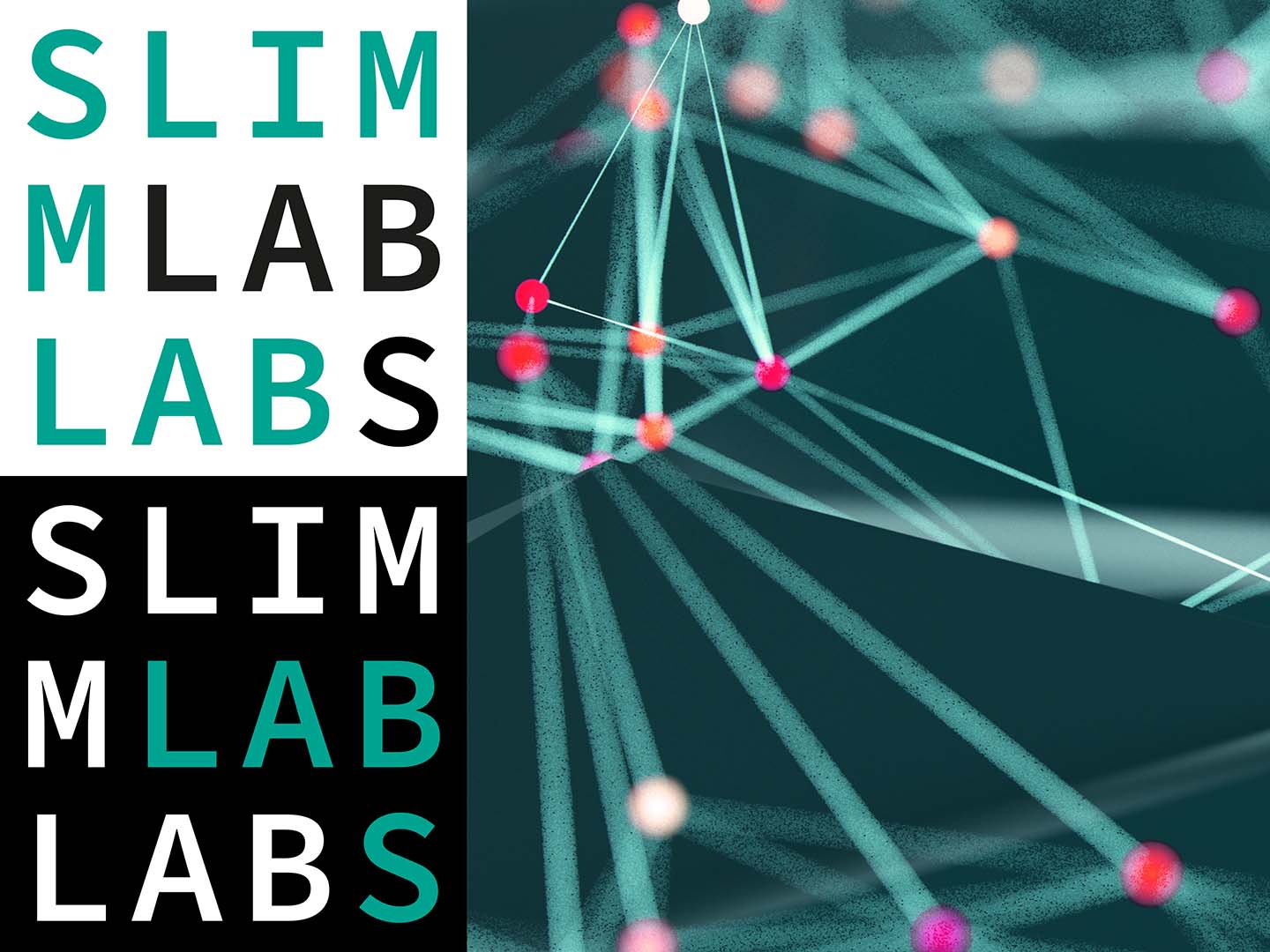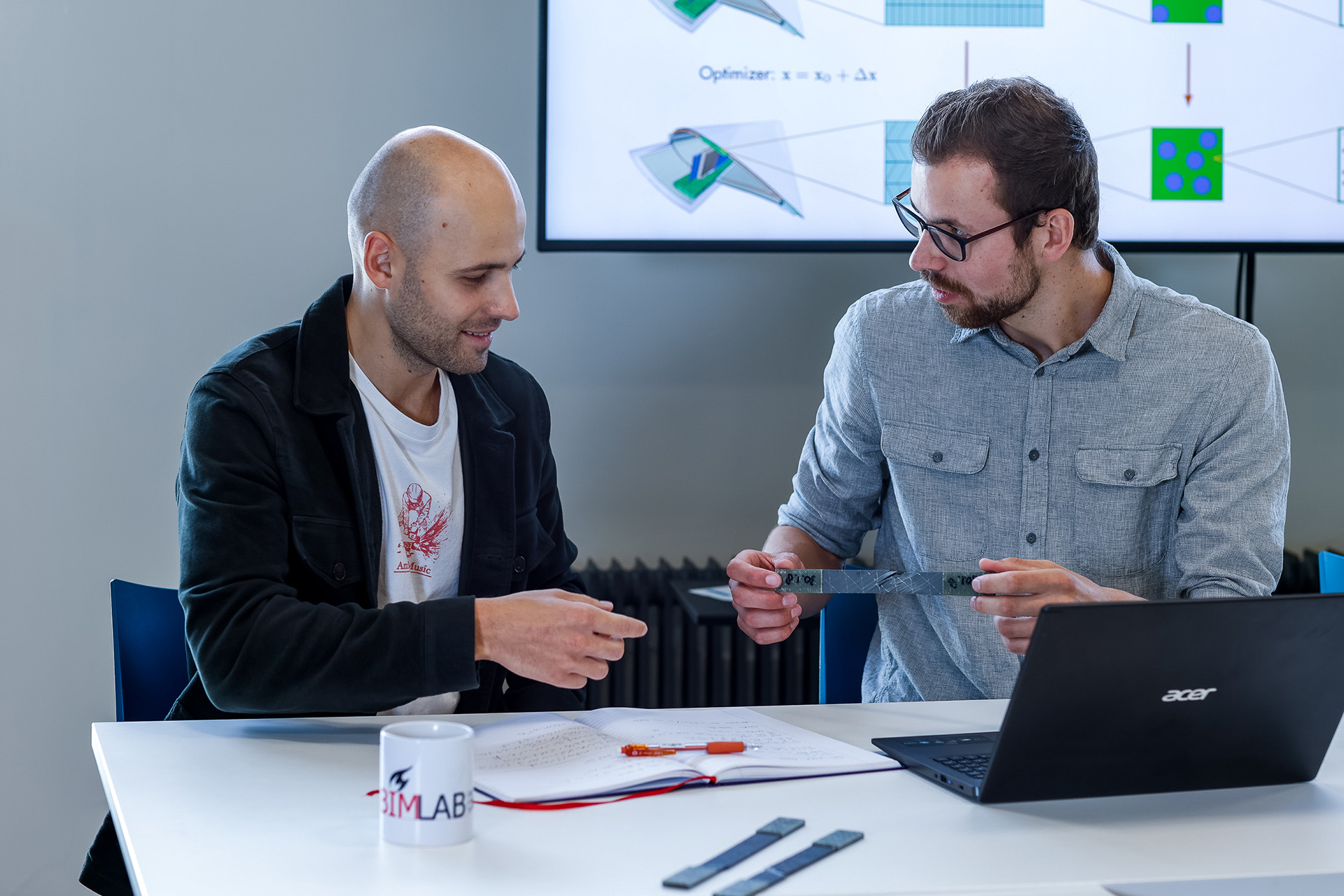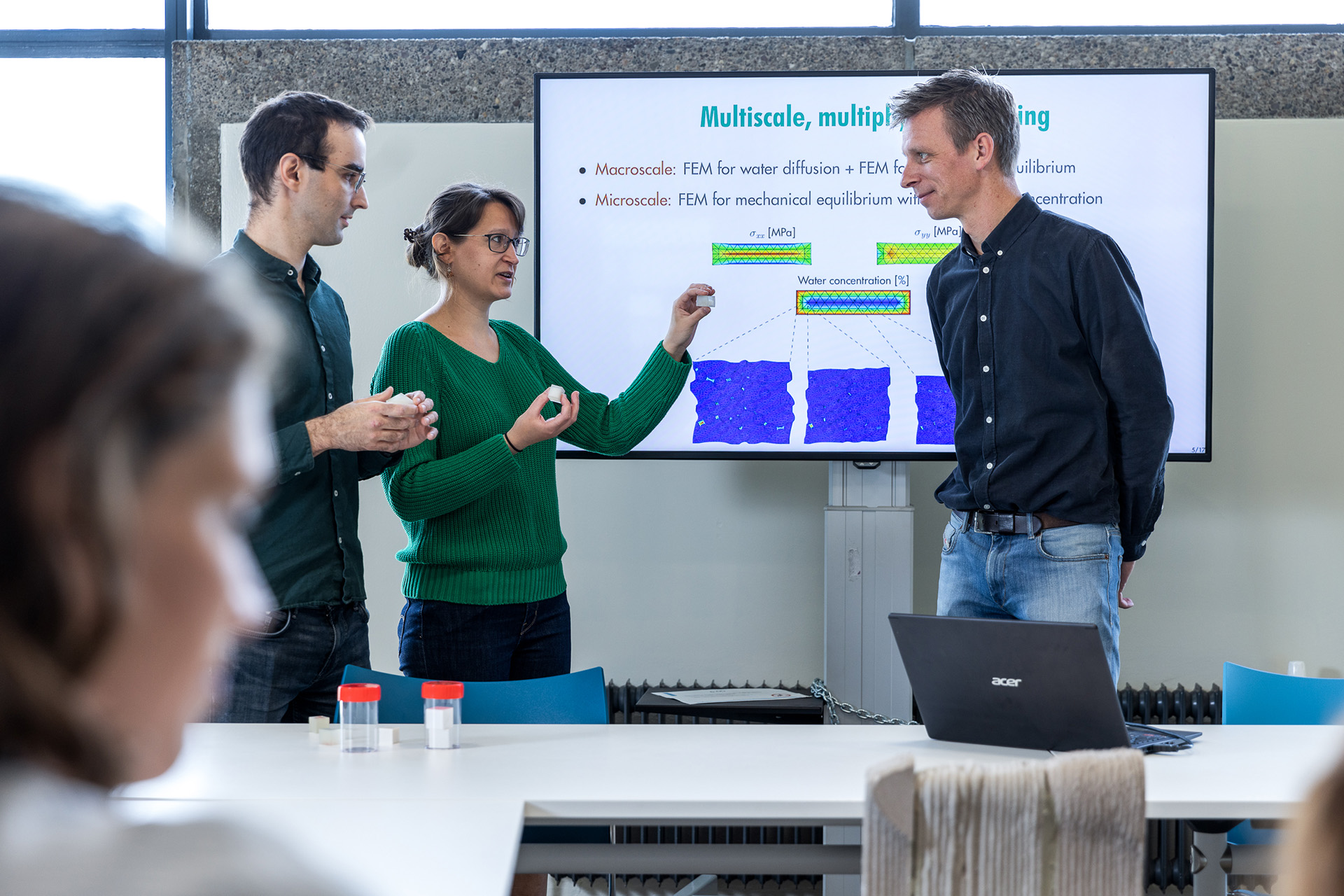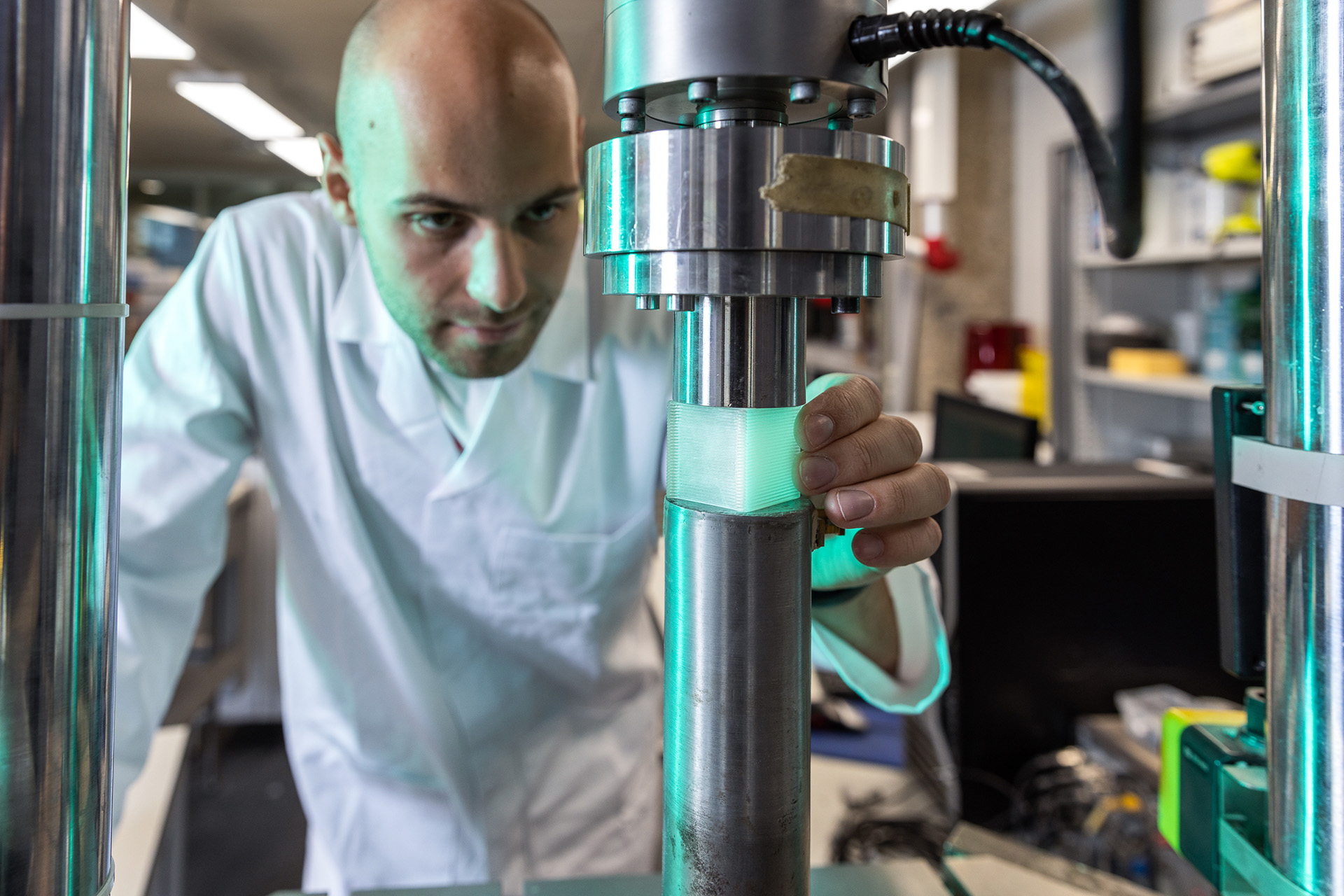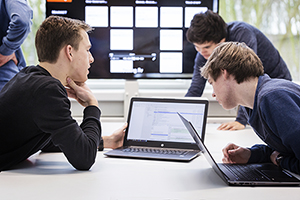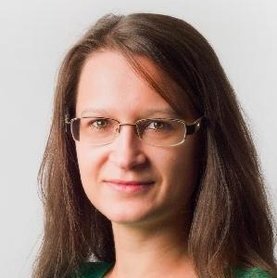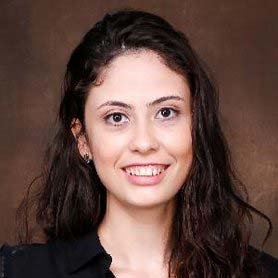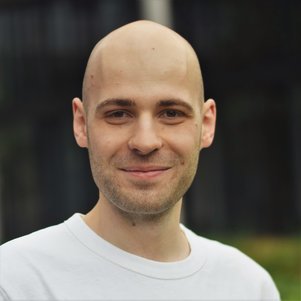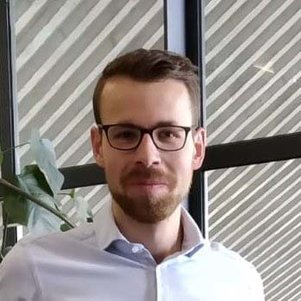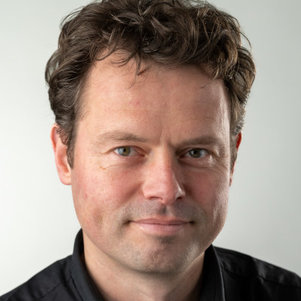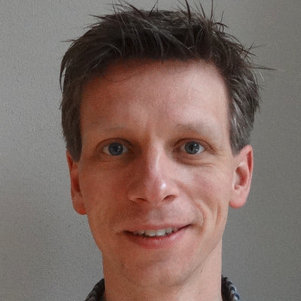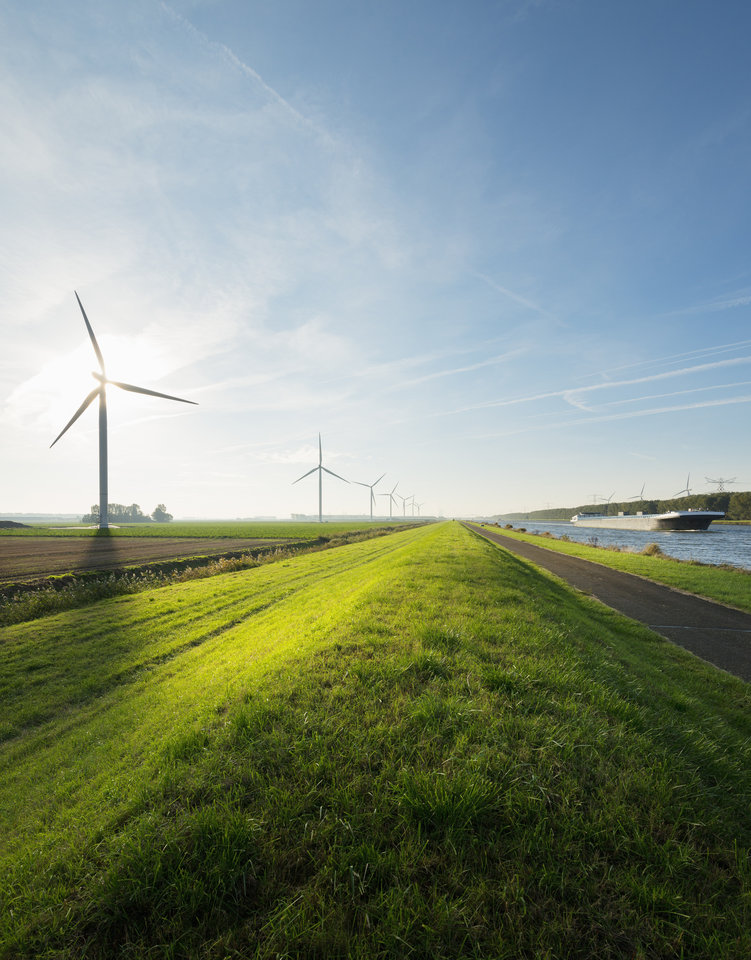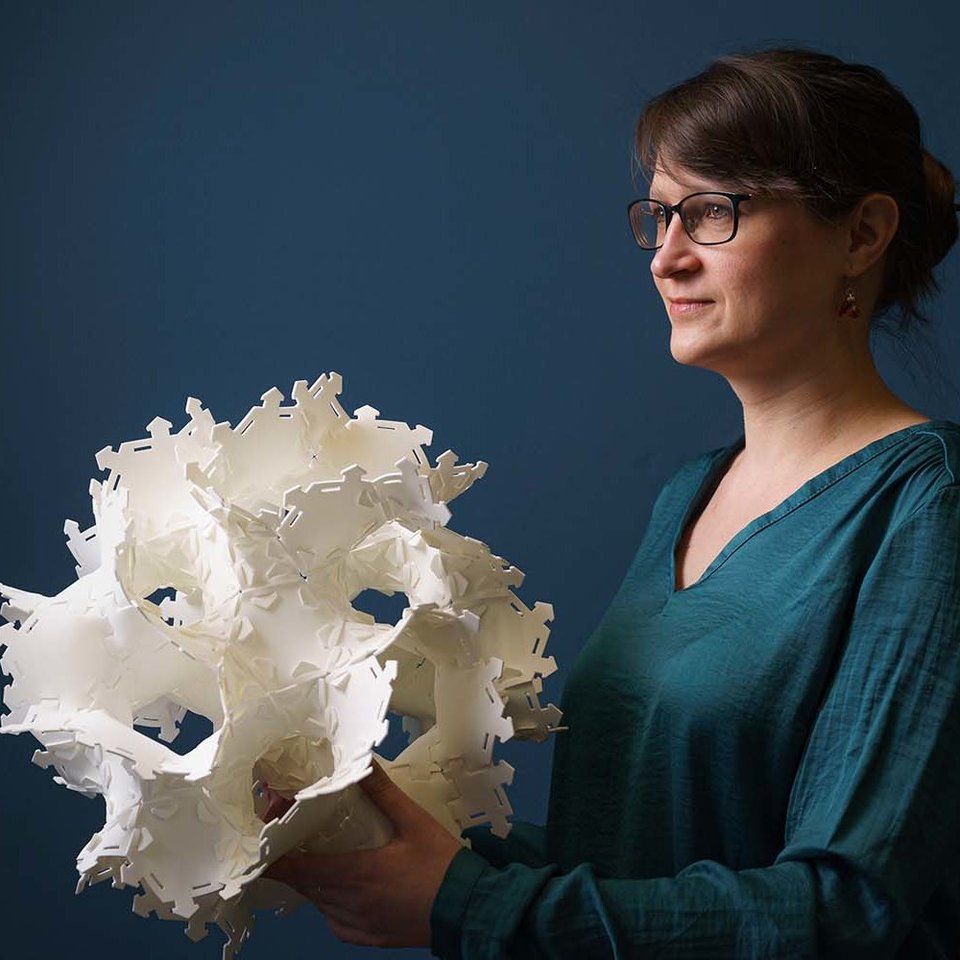SLIMM Lab
AI for smart materials modelling
Materials of the future will rely on nanostructures painstakingly tailored to design constraints and reach unprecedented levels of performance. In order to design these new materials, accurate simulations of material behavior across the scales are needed. Yet, even one of these models currently takes months to run on conventional computers.
The goal of the SLIMM lab is to facilitate virtual material testing across the scales by combining Bayesian machine learning and multiscale solid mechanics into new smart material models and learning frameworks.
Why virtual testing through smart multiscale models?
- Speed: Designing new materials without waiting for years for simulations to run
- Accuracy: Precise nanostructure optimization and deeper knowledge on material behavior
- Sustainability: Fewer destructive experiments needed and lower energy use through faster simulations
The SLIMM Lab is part of the TU Delft AI Labs programme.
The team
Courses
2024/2025
- Inverse Problems | AM3540
- Modeling, Uncertainty and data for Engineers | CEGM1000
- Data Science and AI for Engineers | CEGM2003
- Fundamentals of Artificial Inteligence Program | IFEEMCS520100
- Statistical Learning | WI4630
- Statistical Learning for Engineers | IFEEMCS4250
2023/2024
- Inverse Problems | AM3540
- Modeling, Uncertainty and data for Engineers | CEGM1000
- Data Science and AI for Engineers | CEGM2003
- Fundamentals of Artificial Inteligence Program | IFEEMCS520100
- Statistical Learning | WI4630
- Statistical Learning for Engineers | IFEEMCS4250
2022/2023
- Modeling, Uncertainty and data for Engineers | CEGM1000
- Data Science and AI for Engineers | CEGM2003
- Fundamentals of Artificial Inteligence Program | IFEEMCS520100
- Statistical Learning | WI4630
- Statistical Learning for Engineers | IFEEMCS4250
2021/2022
- Statistical Learning | WI4630
- Statistical Learning for Engineers | IFEEMCS4250
Master projects
Ongoing
- Uncertainty quantification with GP-PCE hybrids (provisionary title), Iuri Rocha, Daan Smolders (2023/2024)
- Physically Recurrent Neural Networks for dynamics of lattice metamaterials (provisionary title), Iuri Rocha, Paul van IJzendoorn (2023/2024)
- Stitching multi-fidelity Gaussian processes, Iuri Rocha, Rik Hendriks (2022/2023)
- Bayesian system identification of engineering structures, Iuri Rocha, Andres Martinez Colan (2022/2023)
Finished
- Physically Recurrent Neural Networks for Cohesive Homogenization of Composite Materials, Iuri Rocha, Nora Kovacs (2023/2024)
- GNNs and Beam Dynamics: Investigation into the application of Graph Neural Networks to predict the dynamic behaviour of lattice beams, Iuri Rocha, Lex Niessen (2022/2023)
- Analyzing the Influence of Prior Covariances on a Bayesian Finite Element Method, Iuri Rocha, Uri Peker (2022/2023)
- High-dimensional numerical optimization of fiber reinforced polymers with variational autoencoders and Bayesian optimization, Iuri Rocha, Joep Storm (2020/2021)
- Investigating the performance of Deep Material Networks in accelerating multiscale modelling of laminated composites, Iuri Rocha, Jesse Metz (2020/2021)
- Surrogate constitutive models with multi-fidelity Gaussian Processes for composite micromodels, Iuri Rocha, Taylan Turan (2020/2021)
- Optimizing the Reduced Basis Construction for Reduced-Order Mechanical Models, Iuri Rocha, Knut Tjensvoll (2019/2020)
Partners
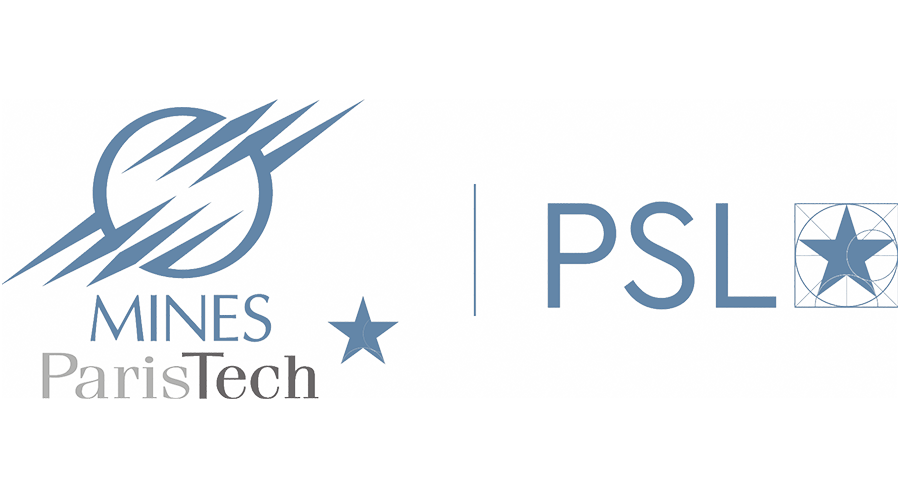
News
Stories of science
""

